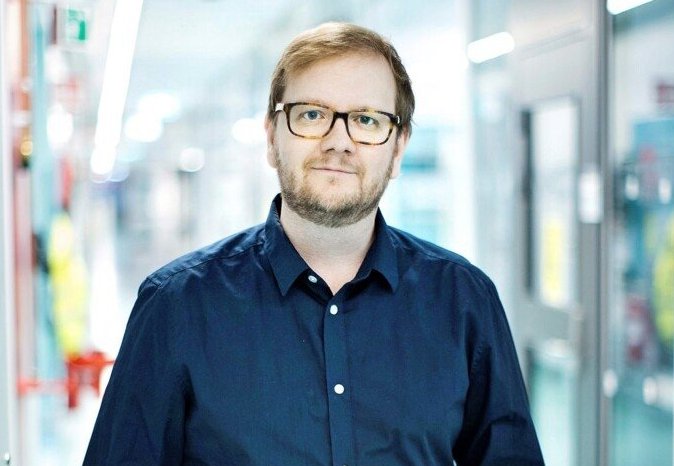He is awarded the ERC StG for research on killer T cells in body organs

KI researcher Marcus Buggert has been awarded the prestigious ERC Starting Grant for his research on human cell-mediated immunity against virus diseases. In all, the European Research Council through this call will invest EUR 619 million in 397 young research leaders.
The purpose of the ERC Starting Grants is to support talented early-career scientist so that they can develop into tomorrow’s independent and innovative principal investigators. Marcus Buggert, who is an assistant professor at the Department of Medicine, Huddinge, is awarded EUR 1.5 million over a period of five years for his project, called TRACE.
“I am immensely grateful to have been awarded the ERC Starting Grant”, says Dr Buggert. “This grant will give us the opportunity to answer what a blood test can tell us about the antiviral immune response in tissues. A long-term support like this is extremely important for researchers, if we should be able to look outside the box and break new ground.”
Project title: Tracing virus-specific CD8+ T cell clonotype zonation and function in humans (TRACE).
Summary: The COVID-19 pandemic has shown us the importance of understanding how the immune system can generate protection against different types of viruses, that is constantly surrounding the human body. A problem of this research field has, however, been that a major part of the studies on how killer T cells take on viruses is conducted in blood ― despite of that most viruses and immune cells can be found in the organs of our bodies. With the support from ERC, Marcus Buggert and his group will now use novel single-cell techniques to study how killer T cells act against SARS-CoV-2 and other viruses, both acute and chronic, in unique samples from human organ donors. The aim is, among other things, to create a reference map over major clusters of killer T cells in our bodies and how the functional characteristics of these immune cells are affected by the environment. An important part of the project is to translate this new knowledge to the field of COVID-19, to try to understand how killer T cells recognise SARS-CoV-2. A long-term objective is also to be able to show what a blood sample can tell us about the immunity against different viruses in the body.
Facts about ERC StG 2021
ERC Starting Grants is awarded in three groups: life sciences; physical sciences and engineering; and social sciences and humanities. In all 4066 proposals for the starting grant were submitted in 2021, and now 397 grants will be awarded, of which 1113 proposals and 111 awarded grants in life sciences.
Grants are awarded to universities and research organisatuions in 22 countries this time. Germany receives the highest number of grants (72), followed by France (53) and the UK (46). Sweden receives 14 grants and takes the “Nordic lead”, followed by Norway (9), Finland (8), and Denmark (7).
Women researchers are awarded some 43% of the starting grants, an increase from 37% in 2020 and the highest share to date. According to a press release from the ERC, 13 researchers who were previously based in the US will move to Europe as a result of this funding, and the grants will create more than 2,000 jobs in the academic sector.
